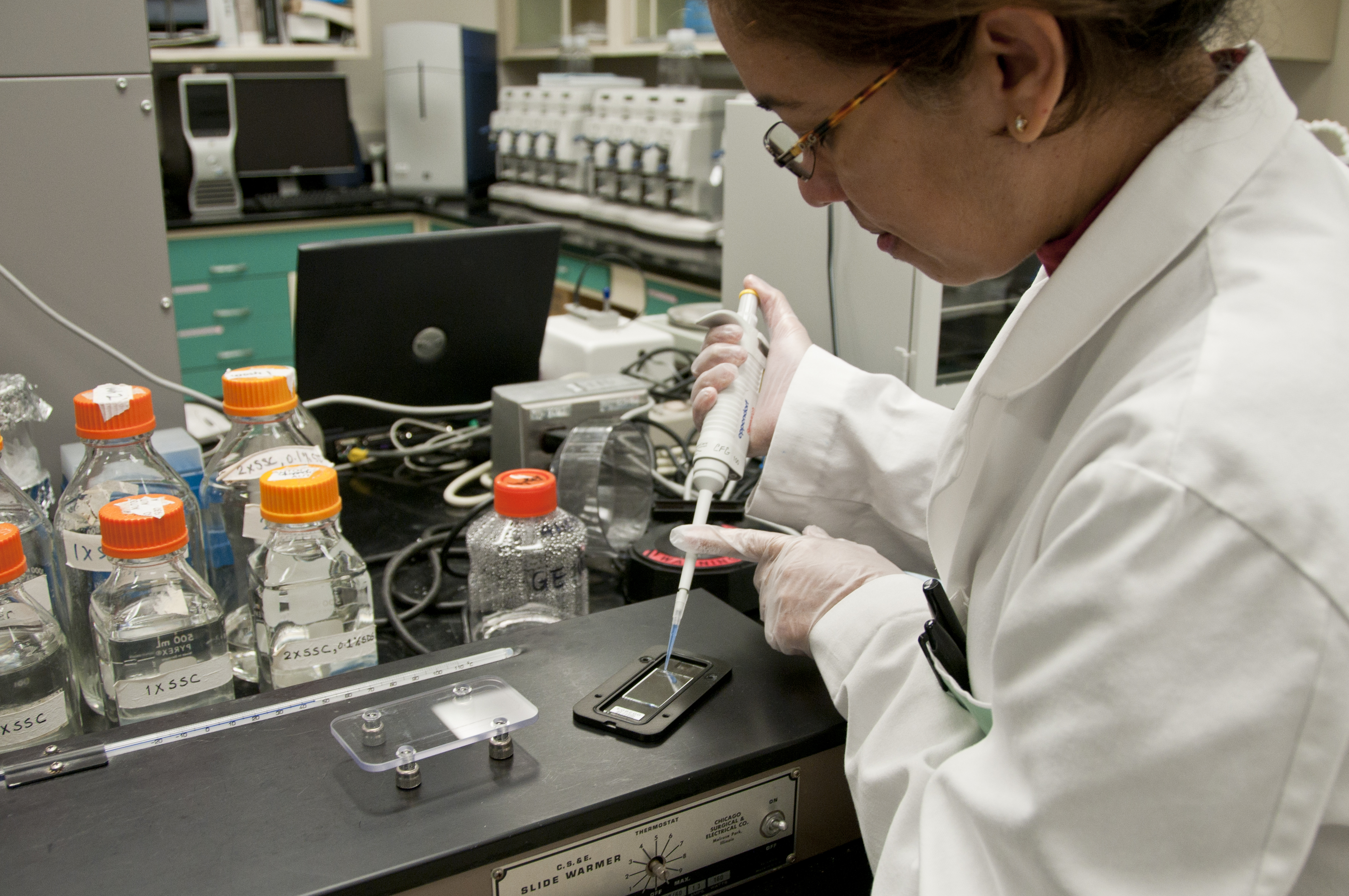
Photo from academic.microsoft.com
Hypertension, a chronic non-transmissible multifactorial condition, it is highly frequent in Brazil, affecting about 32.5% of the population over 25 years of age. It is characterized by the sustained increase… Click to show full abstract
Hypertension, a chronic non-transmissible multifactorial condition, it is highly frequent in Brazil, affecting about 32.5% of the population over 25 years of age. It is characterized by the sustained increase in systolic and diastolic blood pressure levels above 140 mmHg and 90 mmHg, respectively. It is the major aggravating factor in cardiovascular complications and the appearance of other comorbidities. Aiming to promote greater adherence to treatment and improve the population's access to basic medicament, in 2004 the Federal Government created the Programa Farmácia Popular do Brasil (PFPB); partnership with private institutions that provides the population with medicament to control hypertension, free of charge or subsidized at up to 90% of the value. The PFPB distributes the anti-hypertensives atenolol, captopril, enalapril, hydrochlorothiazide, losartan and propranolol. In this way, this work aims to evaluate the genotoxic potential of antihypertensives in human lymphocytes and macrophages, since they are widely used drugs and with few studies about their genotoxicological safety. The tests were developed from cell cultures treated with five different antihypertensive concentrations, all based on plasma peaks, evaluating cell viability, DNA damage index and DNA double strand breakdown. The results show that, as the concentration of captopril and enalapril maleate increased, cell viability decreased. In addition, a DNA damage was observed with the use Captopril and Enalapril in the higher concentrations. Hydrochlorothiazide also caused DNA damage in the five doses tested. Regarding the breaking of double strands of DNA, all the compounds showed increased ruptures. This decrease in dsDNA is dose dependent for all compounds tested. The set of results shows that the use although frequent still requires care and greater knowledge. In general, the antihypertensive drugs that proved to be safer in relation to the genetic damage tested were Losartan and Propranolol.
Journal Title: Environmental toxicology and pharmacology
Year Published: 2018
Link to full text (if available)
Share on Social Media: Sign Up to like & get
recommendations!